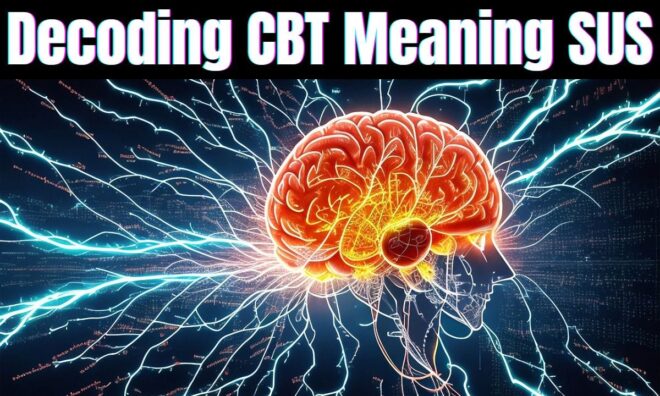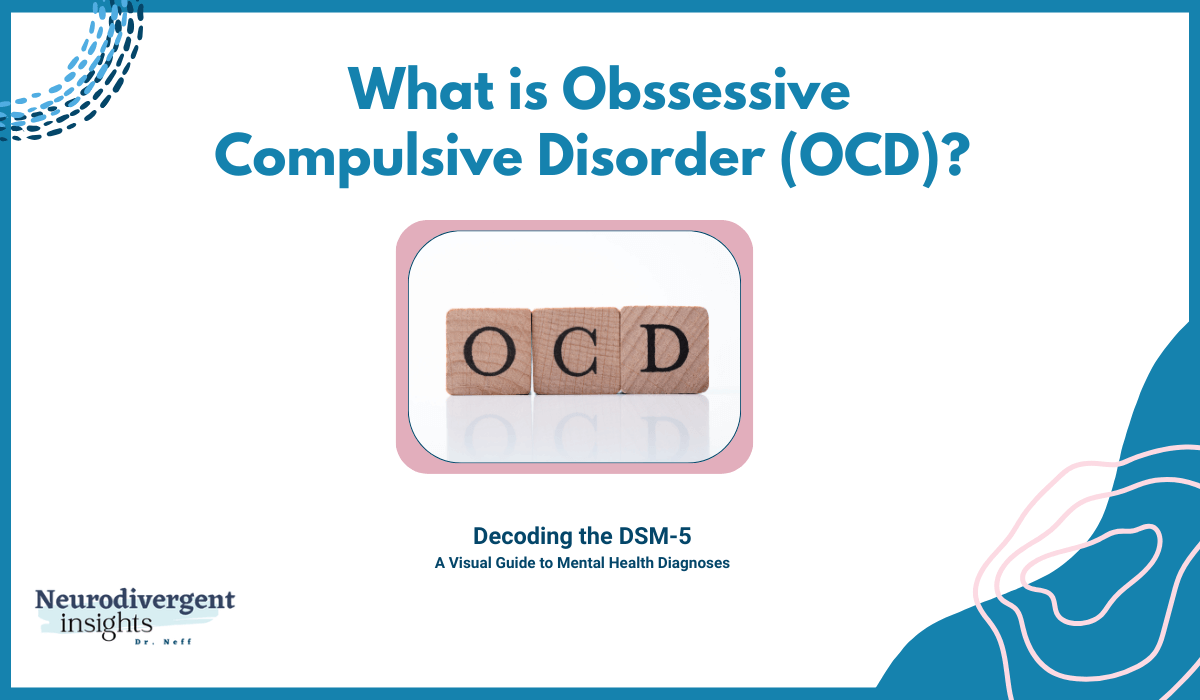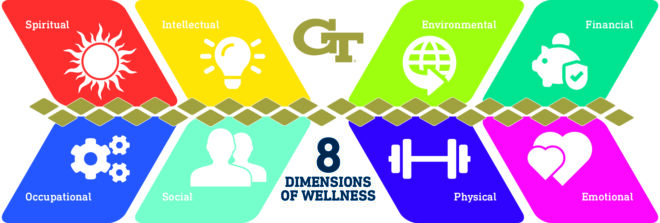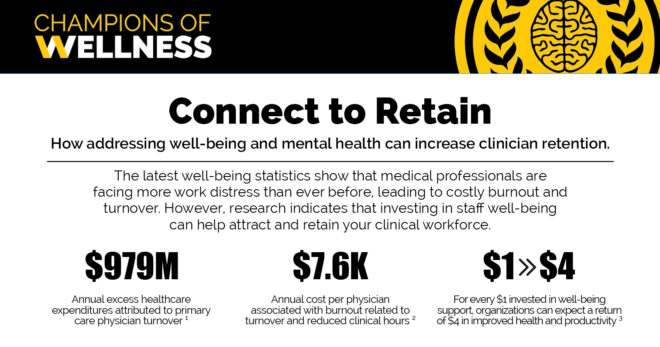What Do Mental Health Counselors Do? Explore the Transformative Power Of Therapy!
Mental health counselors help individuals cope with emotional and mental health issues. They provide therapy and support.
Mental health counselors offer guidance and strategies to improve clients’ mental well-being, assisting them in overcoming challenges and developing coping skills. By conducting assessments and creating treatment plans, they work with clients to address various issues such as anxiety, depression, trauma, and relationship problems.
Mental health counselors also collaborate with other healthcare professionals to ensure holistic care for their clients. Through empathy, active listening, and evidence-based interventions, they empower individuals to achieve better mental health outcomes.

Credit: www.instagram.com
The Role Of Mental Health Counselors
|
Mental health counselors provide support for individuals facing emotional or mental health challenges. They need a master’s degree in counseling or a related field. Training includes internship hours and supervised experience. Responsibilities involve assessing clients’ needs, developing treatment plans, and providing counseling sessions. Counselors also educate clients on coping strategies and refer them to additional resources if needed. |

Credit: www.facebook.com
Types Of Therapy
Cognitive Behavioral Therapy (CBT): CBT focuses on identifying and changing negative thought patterns and behaviors. Therapists work with individuals to develop healthier coping mechanisms and improve emotional well-being. Through regular sessions, CBT helps individuals recognize and challenge unhelpful thoughts, leading to more positive outcomes.
Psychodynamic Therapy: Psychodynamic therapy seeks to explore the unconscious mind and its influence on thoughts and behaviors. Therapists in this type of therapy help clients gain insight into unresolved conflicts and past experiences, aiming to promote self-awareness and facilitate positive changes in relationships and behaviors.
Family Therapy: Family therapy involves working with families to enhance communication and resolve conflicts. This approach focuses on the dynamics within the family system and aims to improve relationships and strengthen familial bonds. By addressing underlying issues, family therapy seeks to foster healthier and more supportive family environments.
Specializations In Counseling
Mental health counselors specialize in various areas to provide support and guidance to individuals, couples, and families struggling with different issues. Substance abuse counseling focuses on helping individuals overcome addiction and develop healthier behaviors and coping mechanisms.
Marriage and family counseling is designed to assist couples and families in improving their relationships, resolving conflicts, and enhancing communication and understanding.
Trauma counseling addresses the psychological impacts of traumatic experiences and helps individuals process their emotions, reduce distress, and regain a sense of control and well-being.
The Impact Of Mental Health Counseling
Mental health counselors provide support and guidance to individuals struggling with emotional or psychological challenges. They engage in therapy sessions, offering interventions and coping strategies to promote clients’ mental well-being. Through active listening and collaborative problem-solving, counselors empower clients to navigate and overcome their mental health issues.
| Mental health counselors provide support and guidance to individuals experiencing emotional distress. |
| They help in improving emotional well-being by listening and offering strategies for self-care. |
| Counselors work on enhancing coping skills through teaching healthy coping mechanisms. |
Challenges In Mental Health Counseling
Challenges in Mental Health Counseling:
Mental health counselors face several challenges in their work, including dealing with client resistance and managing emotional exhaustion.
| Dealing with Client Resistance | Managing Emotional Exhaustion |
|---|---|
| Mental health counselors often encounter clients who may resist the counseling process. This resistance can manifest in various forms, such as lack of motivation, denial of problems, or reluctance to open up about their issues. Counselors need to establish trust and foster a safe environment, encouraging clients to share their concerns and work collaboratively towards healing and growth. | Addressing the emotional demands of counseling can lead to burnout and emotional exhaustion. Counselors must prioritize self-care and cultivate strategies to manage their own emotions, such as engaging in regular exercise, seeking supervision and support from colleagues, and setting boundaries with clients. It is crucial to maintain a healthy work-life balance to prevent burnout and provide effective support to clients. |
Ethical Considerations In Counseling
Mental health counselors play a crucial role in providing ethical counseling, adhering to professional codes of conduct. They help individuals navigate emotional challenges, offering support and guidance while maintaining strict confidentiality. Counselors prioritize the well-being and autonomy of their clients, striving to create a safe, trusting space for therapy.
| Confidentiality and Privacy | Boundaries and Dual Relationships |
| Mental health counselors prioritize keeping clients’ information confidential. | They establish clear boundaries to maintain professionalism and avoid conflicts. |
| Respecting privacy helps build trust between the client and counselor. | Avoiding dual relationships ensures the focus remains on the client’s well-being. |
Cultural Competence In Counseling
| Mental Health Counselors | Role and Responsibilities |
| Listen to patients’ concerns without judgment | Build a trusting and supportive relationship |
| Offer guidance and coping strategies | Provide resources for managing mental health |
Cultural Competence in Counseling:
Understanding Diversity:
Recognize the impact of cultural backgrounds on therapy sessions
Addressing Cultural Sensitivity:
Adapt counseling approaches to respect different cultural beliefs
Promote inclusivity and understanding in mental health treatment
The Future Of Mental Health Counseling
With the rapid advancements in technology, the future of mental health counseling is evolving. Integrating technology in therapy has shown great potential in expanding access to mental health services. Through online platforms and teletherapy, individuals can seek support from mental health counselors regardless of their geographical location. This enables people in rural areas, who may not have easy access to in-person counseling, to receive the help they need.
Technology also allows for greater convenience and flexibility in counseling sessions. Online therapy sessions can be scheduled at a time that suits the client, eliminating barriers such as travel time and work commitments. Additionally, the use of technology-based tools and applications in therapy can enhance engagement and effectiveness.
As the field of mental health counseling continues to embrace technological advancements, it is crucial for mental health professionals to stay updated and adapt their practices accordingly. Integrating technology in therapy opens up new possibilities for reaching and supporting individuals in need of mental health services.

Credit: www.deeperrootswellness.com
Frequently Asked Questions For What Do Mental Health Counselors Do?
What Is The Responsibility Of A Mental Health Counselor?
A mental health counselor is responsible for assessing, diagnosing, and treating individuals with mental health issues. They provide counseling and therapy to help clients manage their emotions, improve their relationships, and navigate through challenges. Their goal is to support mental well-being and help clients achieve their full potential.
What Is The Difference Between A Mental Health Counselor And A Therapist?
A mental health counselor focuses on specific issues, while a therapist offers a broader range of services.
What Are The 7 Types Of Mental Disorders?
The seven types of mental disorders are anxiety disorders, mood disorders, psychotic disorders, eating disorders, personality disorders, obsessive-compulsive disorder, and post-traumatic stress disorder.
Where Do Most Mental Health Counselors Work?
Most mental health counselors work in private practices, hospitals, schools, community health centers, and government agencies.
Conclusion
Mental health counselors play a vital role in supporting individuals facing various emotional and psychological challenges. Their expertise and compassion facilitate healing and growth for those in need. Seeking help from a counselor can lead to profound positive changes in one’s mental well-being and overall quality of life.


















-2.jpg)
